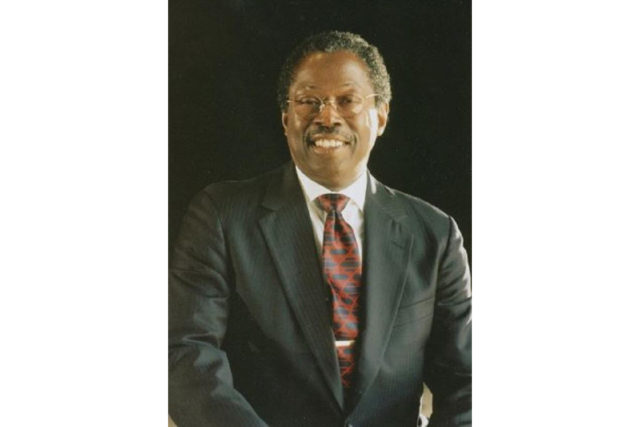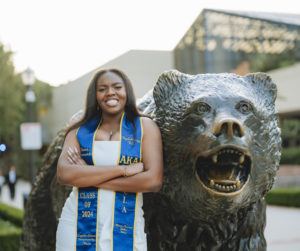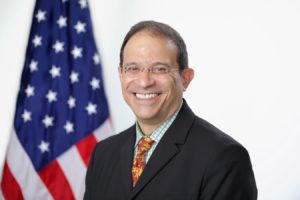Charles Zachary “C.Z.” Wilson, UCLA’s former vice chancellor for academic affairs, died Nov. 21, 2024. He was 95.
Wilson served as vice chancellor for academic affairs for 14 years and was the highest-ranking Black person to become a senior academic administrator at the University during his tenure. A founding member of the National Economic Association, he was a professor in UCLA’s Graduate Program in Education and created an affirmative action program at the university that increased diversity in hiring across both undergraduate and graduate departments.
California was the first state to ban affirmative action in 1996 when its voters passed Proposition 209, prohibiting the University from using race, ethnicity or sex as criteria in public employment and education.
Robert “Bobby” Grace, a student during Wilson’s tenure, said Wilson led the development of UCLA’s four ethnic studies centers – including the Ralph J. Bunche Center for African American Studies, the Asian American Studies Center, the American Indian Studies Center and the Chicano Studies Research Center all of which provide resources, such as scholarships and research opportunities, to students. Grace added that he believes Wilson’s vision for hiring accomplished faculty set the stage for UCLA to become the top public university.
“He was really a facilitator of resources,” said Oscar Edwards, a UCLA alumnus and former colleague of Wilson’s. “UCLA was a great resource. And his ability to move from campus into the community and create that pipeline for UCLA students and leadership to play a greater role in the Los Angeles community – to me, it was very significant.”
Wilson grew up in the Mississippi Delta. Grace said Wilson’s family instilled a commitment to excellence in him.
“To get to where he was then … I could see myself having the type of career, going to graduate school and being successful in life,” Grace said. “He set a stellar example for all of us who were young undergraduates.”
Mandla Kayise, a board member of the UCLA Black Alumni Association, said he participated in Afrikan Student Union meetings with Wilson when Kayise was an undergraduate student.
“My impressions of interacting with him at that time were very impactful,” Kayise said, “in the sense of it being my first opportunity to meet … an African American person in a top leadership position at a major institution of any kind.”
Outside UCLA, Wilson worked with Los Angeles Mayor Tom Bradley’s office and the Tom Bradley Legacy Foundation to facilitate economic development projects serving marginalized communities in South LA, Kayise said.
Edwards said he worked with Wilson as an administrative assistant at the vice chancellor’s office when he was a student. He added that he later co-founded Czand Associates – a local consulting firm based in the Pacific Palisades – with Wilson.
“I saw Dr. Wilson beyond a university administrator at that point, one who was a leader in the community and was very involved in community development, economic development, and social development of people and communities and neighborhoods – and I hadn’t known that before,” he said.
As a board member of the LA County Museum of Art, Wilson also increased diversity in the local arts industry by advocating for the inclusion of more Black artists’ works in museums, Kayise said.
“To say he was community oriented is an understatement,” Kayise said. “He really did see the university as a driver of problem-solving in the city and development in the city.”
In 1997, Wilson purchased The Los Angeles Wave – a group of community newspapers throughout LA County, Edwards added. Today, the newspaper group covers diverse community stories, ranging from Whittier to Culver City.
Wilson also published multiple books throughout his career, including an autobiography called “Crossing Learning Boundaries by Choice,” where he provided personal insight on the social inequities within Black communities.
Edwards added that working with Wilson taught him the importance of accountability and community building.
“He showed me how sharing with others, building relationships across communities and cultures, can really just create a multitude of other possibilities for other folks, as well as yourself,” he said.




Comments are closed.